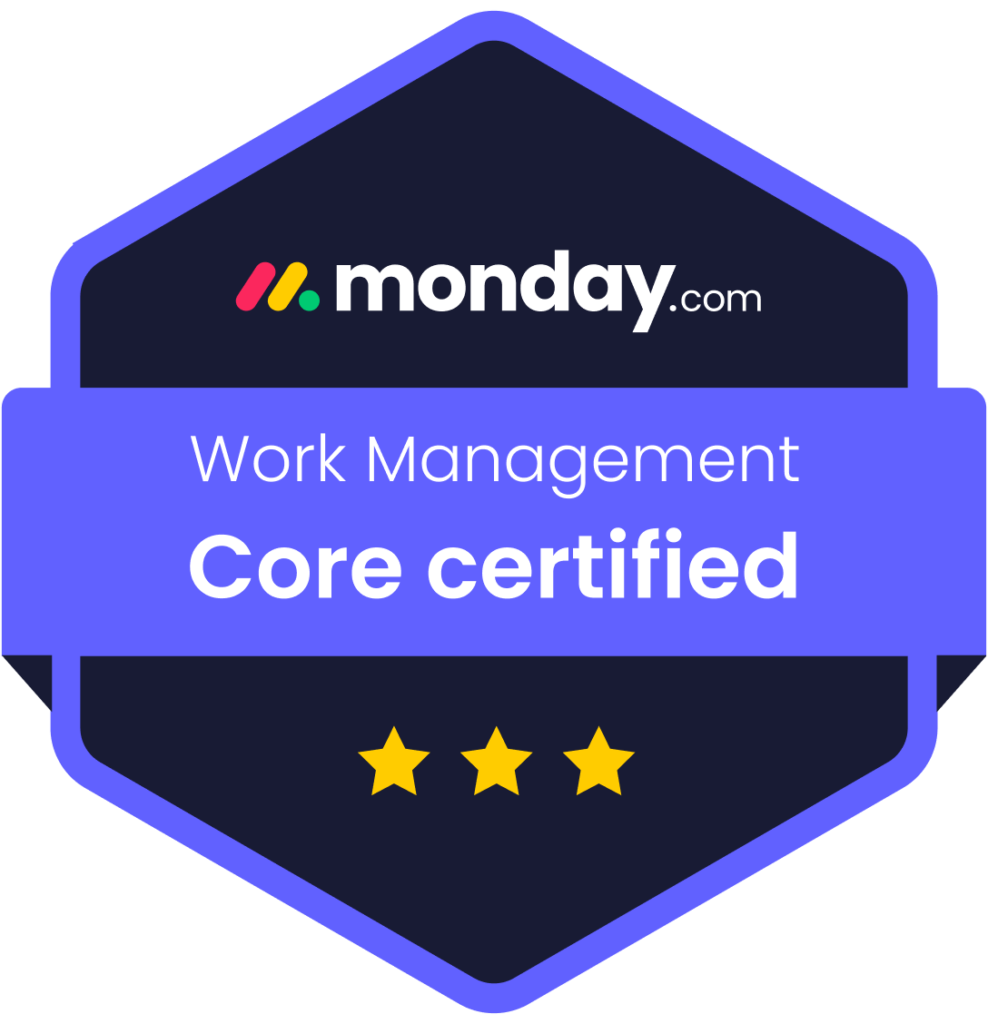In today’s competitive digital landscape, your position on search engine results pages (SERPs) can make or break your online success. Whether you’re a budding entrepreneur or an established brand, search engine positioning directly impacts your visibility, traffic, and ultimately, revenue.
This comprehensive guide explores the concept of search engine positioning, its impact on your business, and actionable strategies to improve your rankings.
What is Search Engine Positioning?
Search engine positioning refers to where your website ranks on SERPs when users search for specific keywords or phrases. These positions are often referred to as “rankings,” and the ultimate goal is to appear on the first page, ideally within the top three results.
Why the First Page Matters
- Visibility: 75% of users never scroll past the first page of search results.
- Click-Through Rates (CTR): The first organic result garners about 27.6% of clicks, while the second gets 15.8%, and the numbers drop significantly for lower rankings.
Understanding where your website stands and why it’s there is key to building an effective online strategy.
How Search Engine Positioning Impacts Your Business
1. Increases Organic Traffic
Higher rankings mean more clicks. When your website appears on the first page, you’re more likely to attract visitors who are actively searching for your products or services. Organic traffic is cost-effective and often converts better than paid ads.
2. Enhances Credibility and Trust
Consumers trust Google’s algorithm to surface the most relevant and credible results. If your website ranks high, it signals authority and reliability, making users more likely to choose your brand over competitors.
3. Drives Conversions and Revenue
With increased traffic and credibility comes a higher likelihood of conversions. Whether it’s a purchase, a sign-up, or a phone call, being highly visible can directly impact your bottom line.
4. Builds Brand Awareness
Even if users don’t click on your link immediately, repeated exposure at the top of SERPs reinforces your brand in their minds. This visibility can lead to higher recall and future interactions.
5. Provides Competitive Advantage
Ranking higher than competitors can position you as the go-to choice in your industry. If you’re not on the first page, you risk losing potential customers to businesses that are.
Factors Influencing Search Engine Positioning
1. Keyword Optimization
Using the right keywords helps search engines understand your content. Tools like Google Keyword Planner or SEMrush can help identify high-traffic, low-competition keywords.
2. Content Quality
Search engines prioritize content that is:
- Relevant
- Informative
- Engaging
- Well-structured (using headings, bullet points, and media)
Regularly updating your website with fresh, high-quality content is essential.
3. Mobile Optimization
Google’s mobile-first indexing means that your site’s mobile version is prioritized for rankings. A responsive design, fast loading speed, and mobile-friendly content are non-negotiable.
4. Backlinks
Authoritative backlinks signal to search engines that your site is trustworthy. Building high-quality, relevant links from reputable sources can improve your position significantly.
5. Page Speed
Slow-loading websites frustrate users and hurt rankings. Tools like Google PageSpeed Insights can help you identify and fix issues.
6. User Experience (UX)
Factors like easy navigation, engaging design, and low bounce rates play a role in search engine positioning. A positive user experience ensures visitors stay longer, signaling to search engines that your content is valuable.
7. Local SEO
For businesses targeting a local audience, optimizing for local SEO through Google My Business, localized keywords, and customer reviews can improve visibility in “near me” searches.
The Relationship Between Positioning and Metrics
Click-Through Rates (CTR)
Higher positions result in better CTRs. If your site ranks #1, it’s more likely to be clicked than a site in position #5.
Bounce Rates
Lower bounce rates are often associated with higher rankings. When users engage with your site, it signals to search engines that your content meets their needs.
Dwell Time
The time a user spends on your site after clicking through from the SERP affects rankings. Engaging content and seamless navigation can increase dwell time.
Strategies to Improve Search Engine Positioning
1. Perform an SEO Audit
An SEO audit identifies technical issues, content gaps, and keyword opportunities. Tools like Ahrefs or Moz can help streamline this process.
2. Optimize for Featured Snippets
Featured snippets appear above the first organic result and offer concise answers to user queries. Structure your content with:
- Bulleted lists
- Numbered steps
- Clear headings
3. Leverage Long-Tail Keywords
Long-tail keywords may have lower search volumes but often have higher conversion rates due to their specificity. For example, instead of “shoes,” optimize for “best running shoes for beginners.”
4. Enhance Local SEO
For businesses serving specific locations:
- Optimize your Google My Business profile.
- Include location-specific keywords in your content.
- Encourage customers to leave reviews.
5. Improve On-Page SEO
- Use meta titles and descriptions that include target keywords.
- Ensure your content is structured with appropriate headings (H1, H2, H3).
- Optimize images with alt tags.
6. Invest in Content Marketing
Blogging, videos, and infographics can position you as an industry leader. Shareable content also attracts backlinks, boosting your authority.
7. Build Quality Backlinks
Focus on earning backlinks from reputable websites through guest blogging, partnerships, or creating valuable content that others want to link to.
8. Optimize for Core Web Vitals
Google evaluates metrics like loading performance, interactivity, and visual stability. Ensure your site meets these standards to rank higher.
Tools to Monitor Your Search Engine Positioning
- Google Search Console: Tracks keyword performance and identifies technical issues.
- SEMrush or Ahrefs: Offers keyword tracking, competitor analysis, and backlink monitoring.
- Google Analytics: Provides insights into user behavior, traffic sources, and conversion rates.
Common Pitfalls to Avoid
1. Ignoring Mobile Users
With mobile searches surpassing desktop, failing to optimize for mobile can significantly hurt your rankings.
2. Keyword Stuffing
Overusing keywords can lead to penalties. Focus on natural, user-friendly language.
3. Neglecting Technical SEO
Broken links, slow page speeds, and poor site architecture can harm your search engine positioning.
Conclusion
Search engine positioning is a cornerstone of online success. Your website’s visibility, credibility, and profitability depend on how well you rank on SERPs. By understanding the factors influencing positioning and implementing strategic optimizations, you can climb the ranks and dominate your niche.
At Skyfield Digital, we specialize in boosting search engine positioning for businesses across industries. Contact us today to learn how we can help you achieve top rankings and long-term online success!













